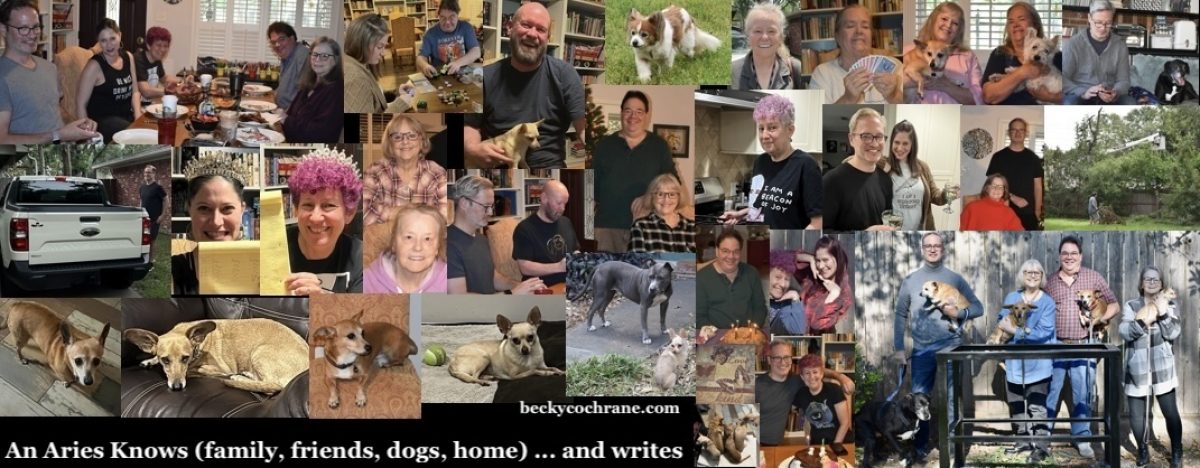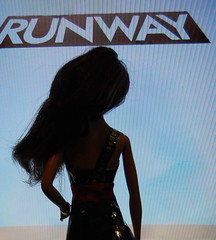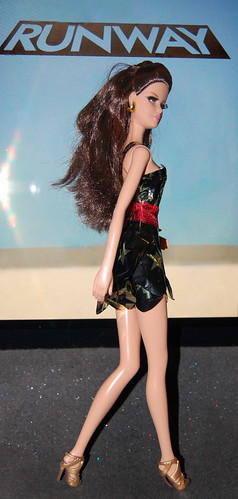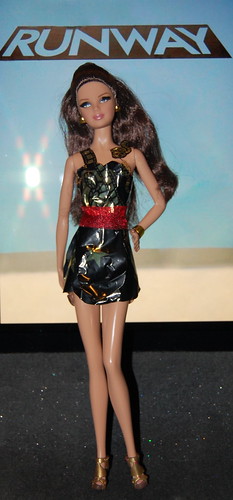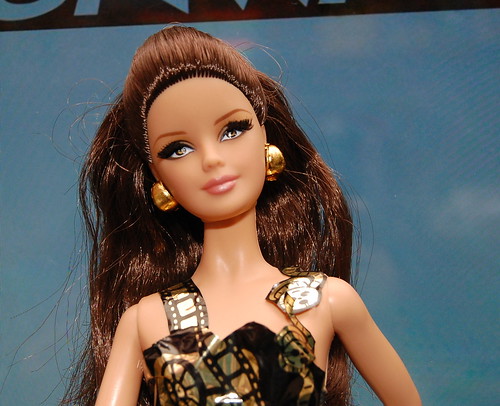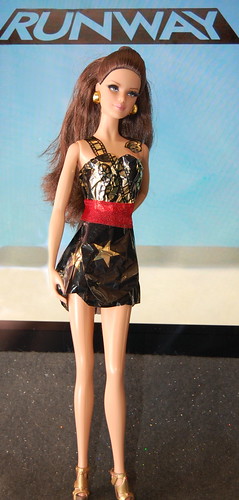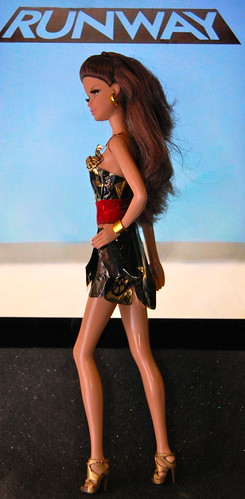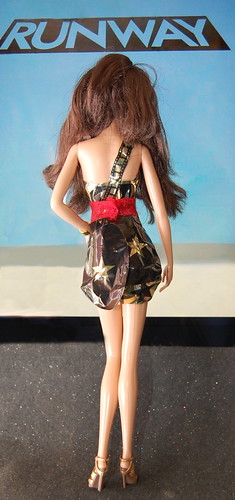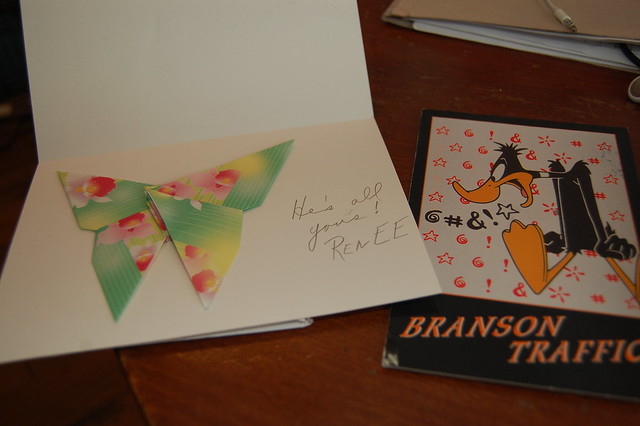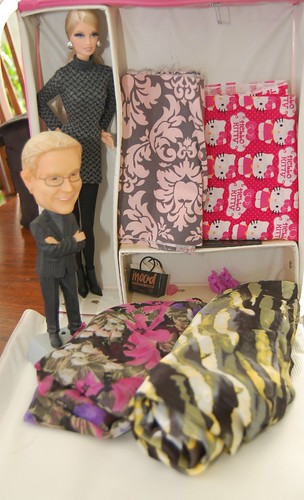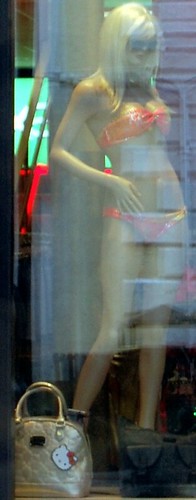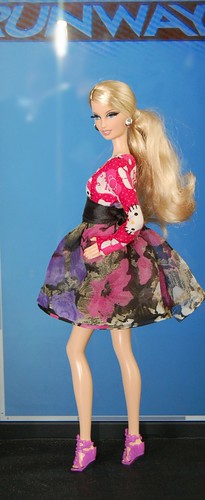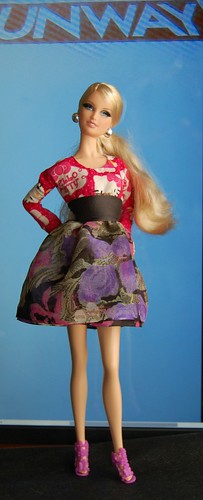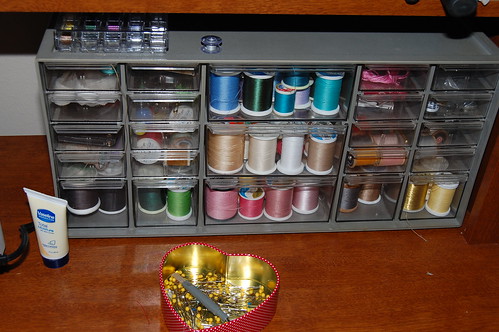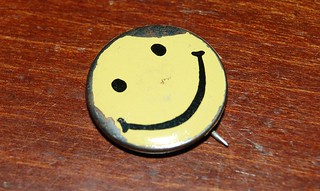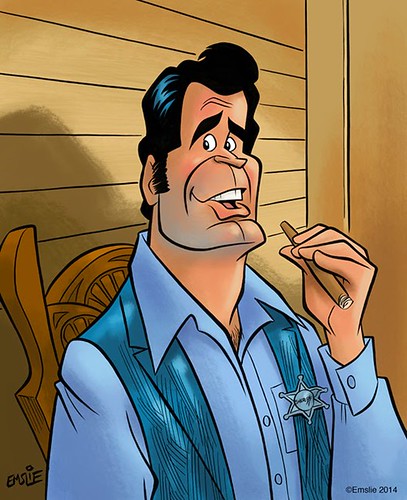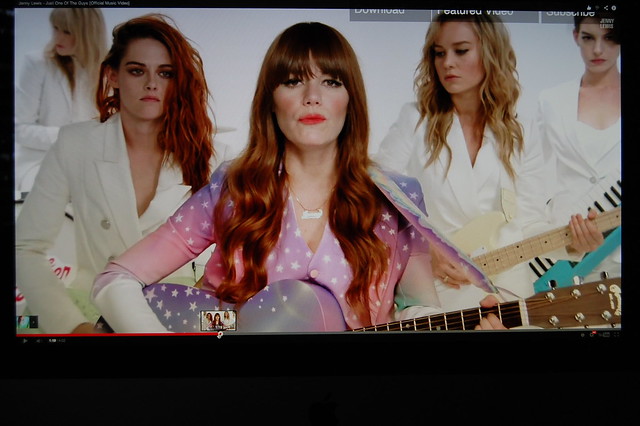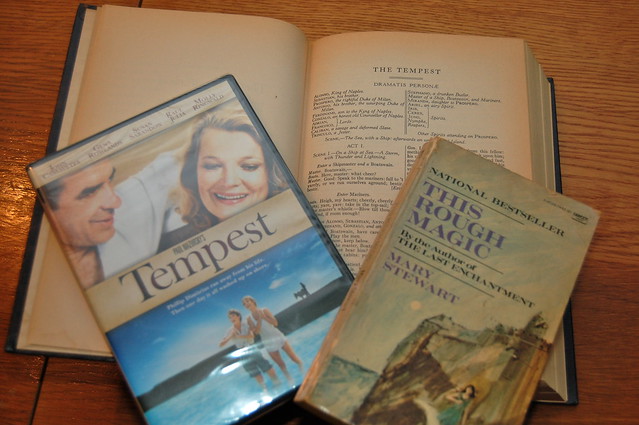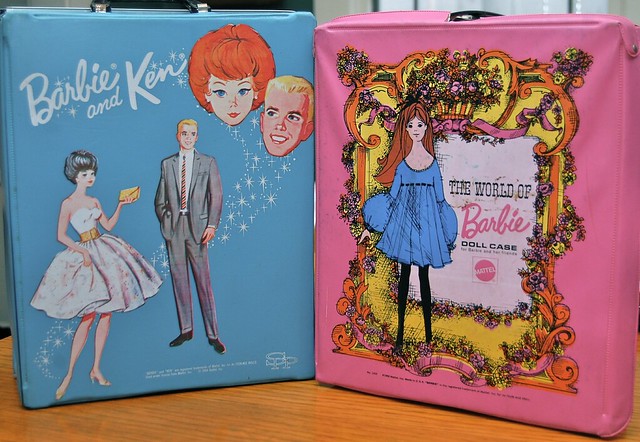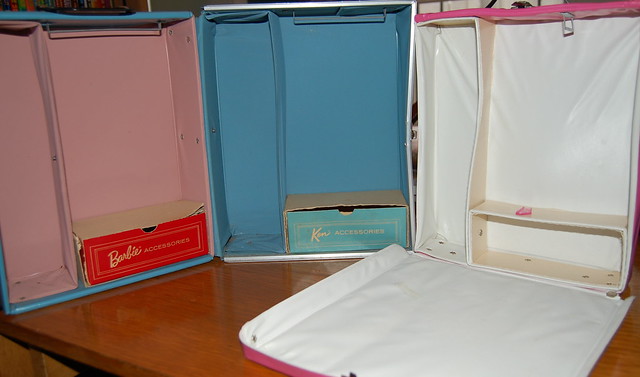 In the third challenge of Lifetime’s Project Runway, the show celebrated fashion magazine Marie Claire’s twenty years in business. The designers were asked to take a look back at where they were twenty years ago and create a look inspired by something from that time that was relevant today and might also be fashionable twenty years from now.
In the third challenge of Lifetime’s Project Runway, the show celebrated fashion magazine Marie Claire’s twenty years in business. The designers were asked to take a look back at where they were twenty years ago and create a look inspired by something from that time that was relevant today and might also be fashionable twenty years from now.
Twenty years ago I was doing a job I loved working with a few people who became real friends, including Amy. She had a couple of dresses that always cheered me up when she wore them, and I told her if she ever decided to get rid of them, I wanted to use the fabric to cover pillows. Guess what? Yes, I still have those dresses today; they’ve been hanging in storage in my garage since 1997; you can see the two of them pictured on the left.
I can think back in twenty year increments since long before I was born, and one thing has remained a constant. A girl in a pretty dress makes people smile. Whether or not I’m alive in twenty years, if that has changed, then fashion is dead. I used one of Amy’s dresses for fabric to create a look in a timeless silhouette for Noel.
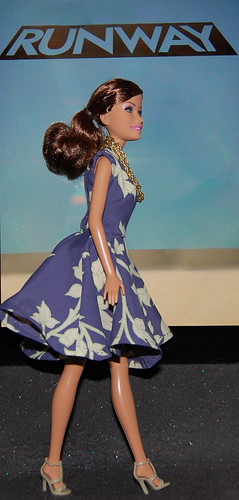
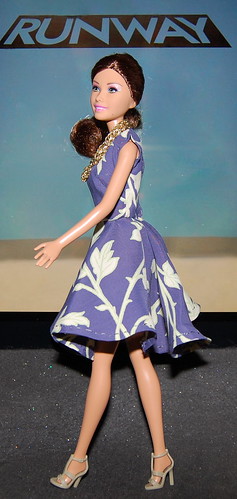
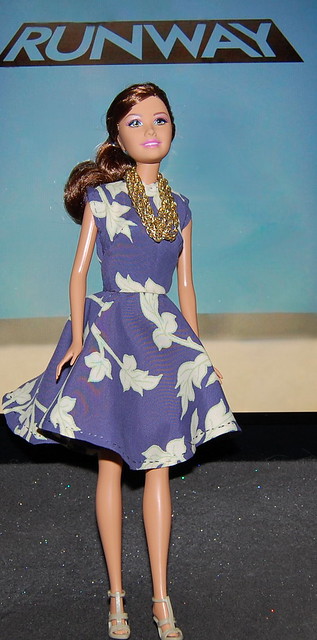
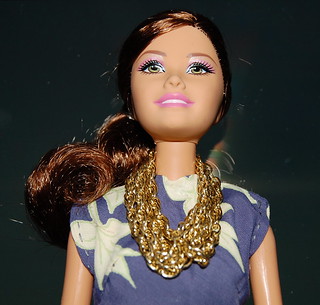
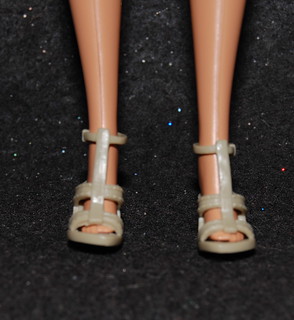
Necklace by Becks. Shoes by Mattel.
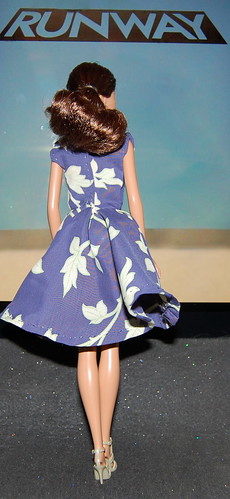
Looking forward to the future when I’ll see you again on the runway!
Fabric donated by Sweet Lil’ Amy Sue. Doll donated by John and Matt. You might remember that Noel is not a Model Muse but a standard Barbie who came all the way from New York after a visit to Mood. A classic never goes out of style.
Previous looks from this season:
13:2 Unconventional Movie Night
13:1 The Judges Decide
